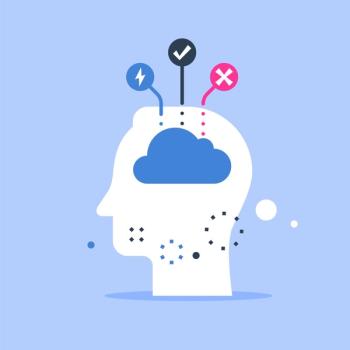
An expert discusses the role of cognition in bipolar disorder and the potential of modafinil as a treatment for it at the 2024 ASCP Annual Meeting.

An expert discusses the role of cognition in bipolar disorder and the potential of modafinil as a treatment for it at the 2024 ASCP Annual Meeting.
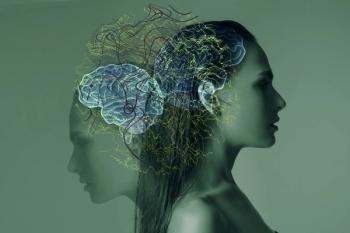
An expert shares some lessons learned from prior research on the treatment and suggestions for a way forward at the 2024 ASCP Annual Meeting.

Answer a quick question on psychedelics!

An expert shares highlights from her panel presentation at the 2024 ASCP Annual Meeting.

What are the risks and benefits of antipsychotic polypharmacy for the treatment of schizophrenia?

In what ways can we make peace?

Investigators at McLean Hospital found 61% and 45% of individuals still experiencing binge-eating disorder after 2.5 and 5 years after their initial diagnoses, respectively.

Attending the 2024 ASCP Annual Meeting? Be sure to catch these upcoming poster presentations.

How can we enhance our lithium research?

"...yet all the passengers filed out saying, “Thank you! We didn’t know a doctor would still help in an emergency.” But I was like the heroes on the evening news declaring, “No big deal. Just doing my job,” and meaning it..."

A study assessed the associations between the use of ADHD medications and CVD over the course of 14 years. Here's what the investigators found.

Here are highlights from the week in Psychiatric Times.

Write to us now for a chance to be featured in our upcoming Special Report on Addiction.

Psychiatrists may wish to engage the primary care team to conduct a comprehensive case formulation that takes cultural factors into account.

Sam Clark, MD, PhD, the founder and CEO of Terran Biosciences shared all you need to know about the development of their schizophrenia treatment, TerXT.

"The night is swallowing Daylight. We sit down to eat."

Celebrating our fallen soldiers and protecting the mental health of the military.

A more useful measure than BMI or waist circumference? Researchers analyzed the association between weight-adjusted waist index and depressive symptoms.

In honor of Asian American/Pacific Islander Heritage Month, we had a discussion on how best to support AAPI youth and their families.

Polypharmacy is often overlooked in patients with significant traumatic brain injury. How can you best manage medication in these patients?

Modern day psychiatry through the lens of John Lennon.

As a mental health clinician, are you ready to give peace a chance?

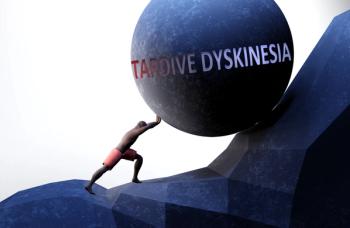
Check out new data from phase 3 study of Ingrezza for the real-world management of tardive dyskinesia.

A recent study analyzed longitudinal data of patients with schizophrenia or major depressive disorder to rank treatment regimens in terms of weight gain, adverse effects, and response to treatment.
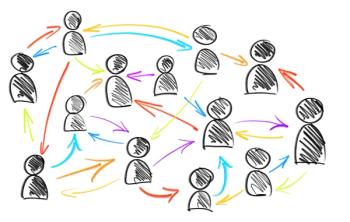
Embracing movement as theory.

An expert shares some clinical pearls from his lecture at the recent American Psychiatric Association Annual Meeting.
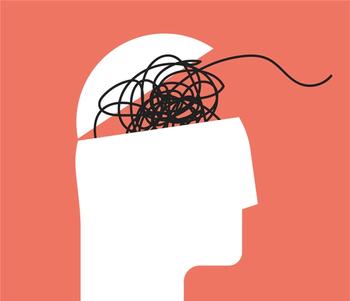
The company has announced plans to submit the NDA in the first half of 2025.

“The findings emphasize the importance of monitoring the use of psychotropic combinations, particularly among vulnerable populations.”

Be curious and well-informed about upcoming digital tools in mental health.